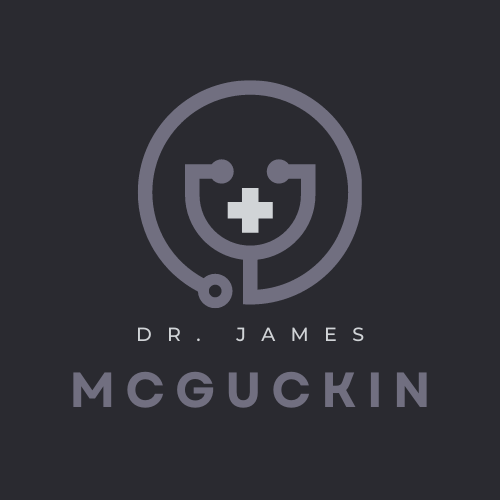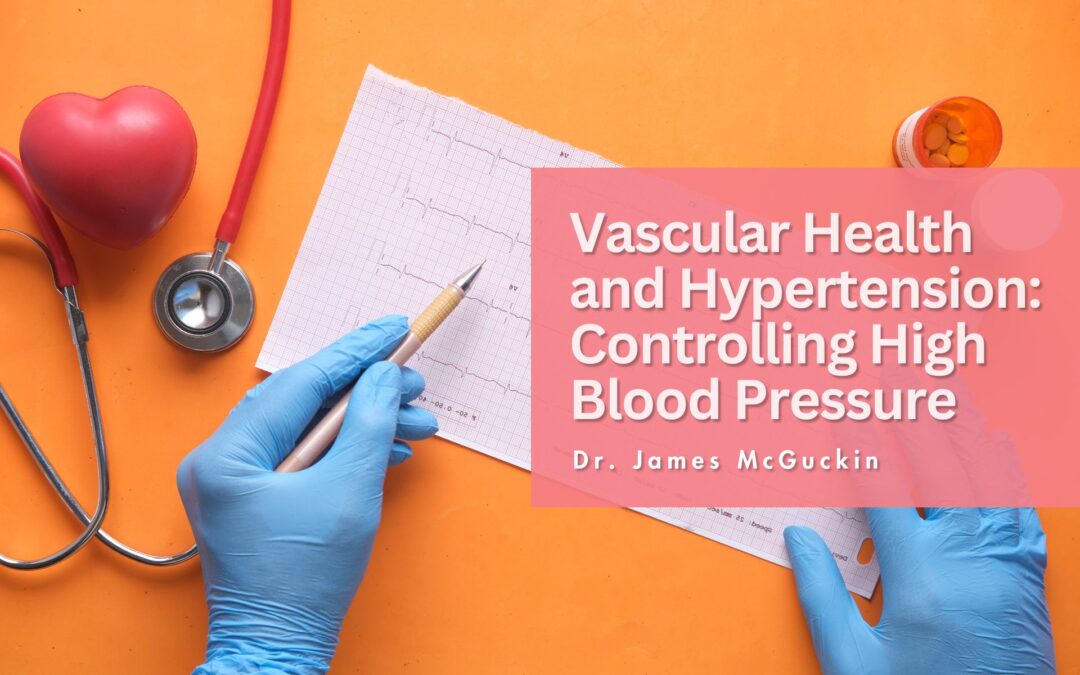Maintaining vascular health is crucial for overall well-being, and a key aspect is controlling high blood pressure, also known as hypertension. Let’s explore simple yet effective strategies to manage and prevent hypertension in an easily digestible format.
Accurate Blood Pressure Measurement:
Taking your blood pressure correctly is essential for reliable readings. Follow these steps at home:
• Avoid eating or drinking 30 minutes before measurement.
• Empty your bladder.
• Sit comfortably for at least five minutes.
• Keep legs uncrossed, feet flat on the floor.
• Rest your arm with the cuff at chest height.
• Ensure a quiet environment.
• Don’t talk during measurement.
• Position the cuff correctly against bare skin.
Say No to Coffee Before Measuring:
Caffeine, found in coffee, can temporarily spike blood pressure. To ensure accuracy, avoid coffee or other caffeinated beverages for three hours before measurement.
Stress Reduction Techniques:
Managing stress is vital for long-term blood pressure control. Consider these techniques:
• Deep breathing.
• Mindfulness meditation.
• Time management tools.
• Therapy or counseling.
• Engaging in hobbies.
Medication Management:
If hypertension persists, your healthcare provider may prescribe medications such as thiazide diuretics, calcium channel blockers, ACE inhibitors, ARBs, or beta-blockers. Follow your provider’s instructions diligently.
Hypertensive Crisis:
If blood pressure reaches a dangerous level (systolic ≥180 mmHg or diastolic ≥120 mmHg), seek immediate medical attention. Intravenous hypertensive drugs may be necessary.
Quality Sleep Matters:
Ensure 6-8 hours of quality sleep per night to minimize the risk of high blood pressure. Consult your healthcare provider if sleep troubles persist.
Quit Smoking, Reduce Alcohol, and Exercise:
• Quit smoking to lower hypertension risk.
• Limit alcohol intake to recommended levels.
• Engage in regular exercise, aiming for 150 minutes of moderate-intensity aerobic activity weekly.
Dietary Changes:
Adopt the Dietary Approaches to Stop Hypertension (DASH) diet, limiting sodium to 2,300 mg daily. Prioritize magnesium, calcium, and potassium-rich foods.
Weight Management:
Losing excess weight can alleviate stress on the heart, potentially normalizing blood pressure. Follow a balanced diet and exercise regularly.
Hydration Impact:
Maintain optimal hydration, as dehydration can affect blood pressure. While a single glass may not immediately impact readings, chronic dehydration may lead to hypertension.
At-Home Blood Pressure Monitoring:
Use automatic blood pressure monitors at home, following proper positioning and environmental guidelines. Consistency in timing and technique is crucial for accurate readings.
Normal Blood Pressure:
Normal blood pressure is below 120/80 mm Hg, irrespective of age. Regular monitoring and adopting a healthy lifestyle can contribute to vascular health.
By integrating these practices into your routine, you can actively manage and prevent hypertension, promoting optimal vascular health.

